HOW DO YOU TAKE YOUR JOE? My coffee ritual has shifted – for a mid-day lift instead of a.m. awakening
What are your coffee or tea routines or experiences? Have they changed?
I don’t remember when I started drinking coffee after my mid-day meal instead of first thing in the morning, but that’s my ritual now, and I really look forward to it: Organic French Roast ground for Chemex; I add almond milk, and it’s oh so good.
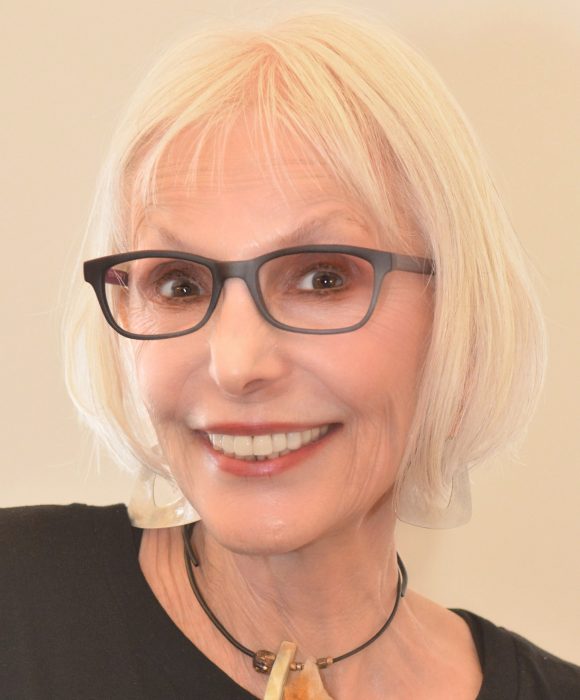
When I go to a coffee shop, I order a Flat White almond milk. Depending on which place I frequent, the cost ranges from $4.02 to $5.95. Ouch! For one cup of coffee? No, that’s espresso. You can skip the fancy stuff and get a plain Joe for $2.50 to $3.
You can pay even less for your daily fix – minus the coffee shop vibe – at Mickey Dee’s or Dunkin’ Donuts.
Coffee is a “fix” because it’s both a stimulant and a mood enhancer, providing doses of adrenaline, serotonin and dopamine respectively. As Michael Pollan explains in his book “This is Your Mind on Plants,“ 1,3,7-trimethylxanthine is that tiny organic molecule known to most of us as caffeine,” one of the most studied psychoactive compounds there is.
To do his research, Pollan abruptly stopped ingesting coffee and caffeinated tea for three months. When he returned to a “caffeine virgin” state, upon his first slug of the inky black liquid, he exclaimed, “Wow – this stuff is legal?”
Legal it is and it entered Western consciousness as such back in mid-17th century England, believed to have been discovered in Ethiopia around AD 850.
In 1650, in England, coffee was imbibed in coffeehouses, discrete communication centers, each with a special interest; there was a coffeehouse for scientists, shipping merchants, mathematicians, and so on. For one penny, the cost of a cup of Java back then, a man (no woman allowed) could spend hours reading books, magazines and newspapers while also hearing the latest news and gossip.
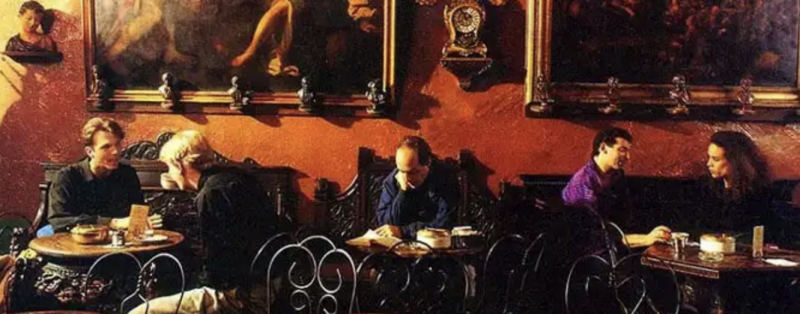
My first experience with coffeehouses was in Greenwich Village, around Washington Square, in the 1960s. I developed my taste for cappuccino at Caffe Reggio’s, the first café to serve this drink in New York City.
Coffeehouses at the time were raucous affairs, with boisterous, heated conversations and so much cigarette smoke, it created an artificial ceiling a foot above the imbibers. So, different today with many people on their laptops, cell phones, or if talking, keeping their voices in reverent tones.
Coffee, entering Western consciousness, was a revolutionary drink. As Pollan said, “It freed people from the natural rhythms of the body and the sun, thus making possible all new kinds of work; It ushered in the Age of Reason and Enlightenment.”
Who knew coffee has such a pedigree. All I know is that I just love my afternoon bounce; Pollan’s wife, Judith, calls it, her “cup of sunshine.”
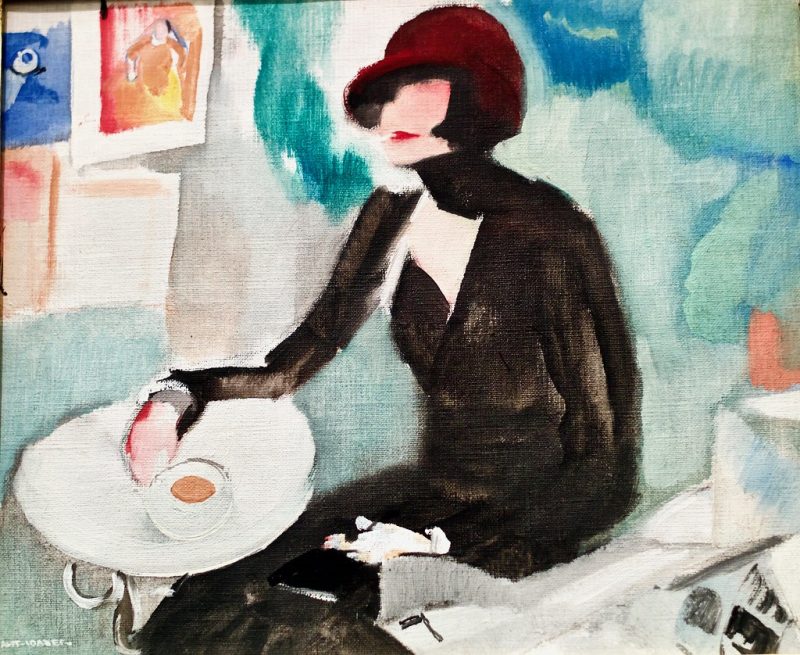


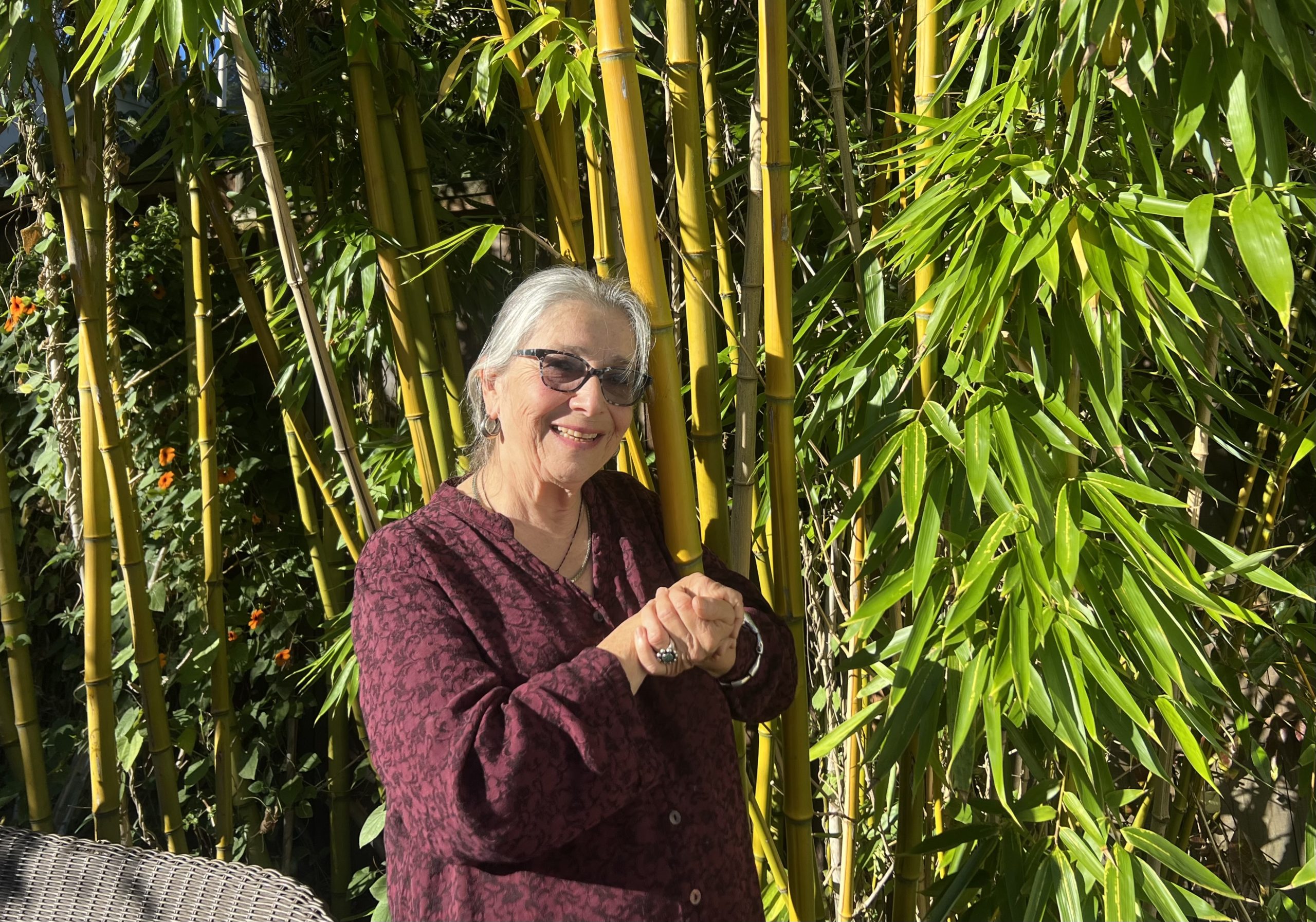
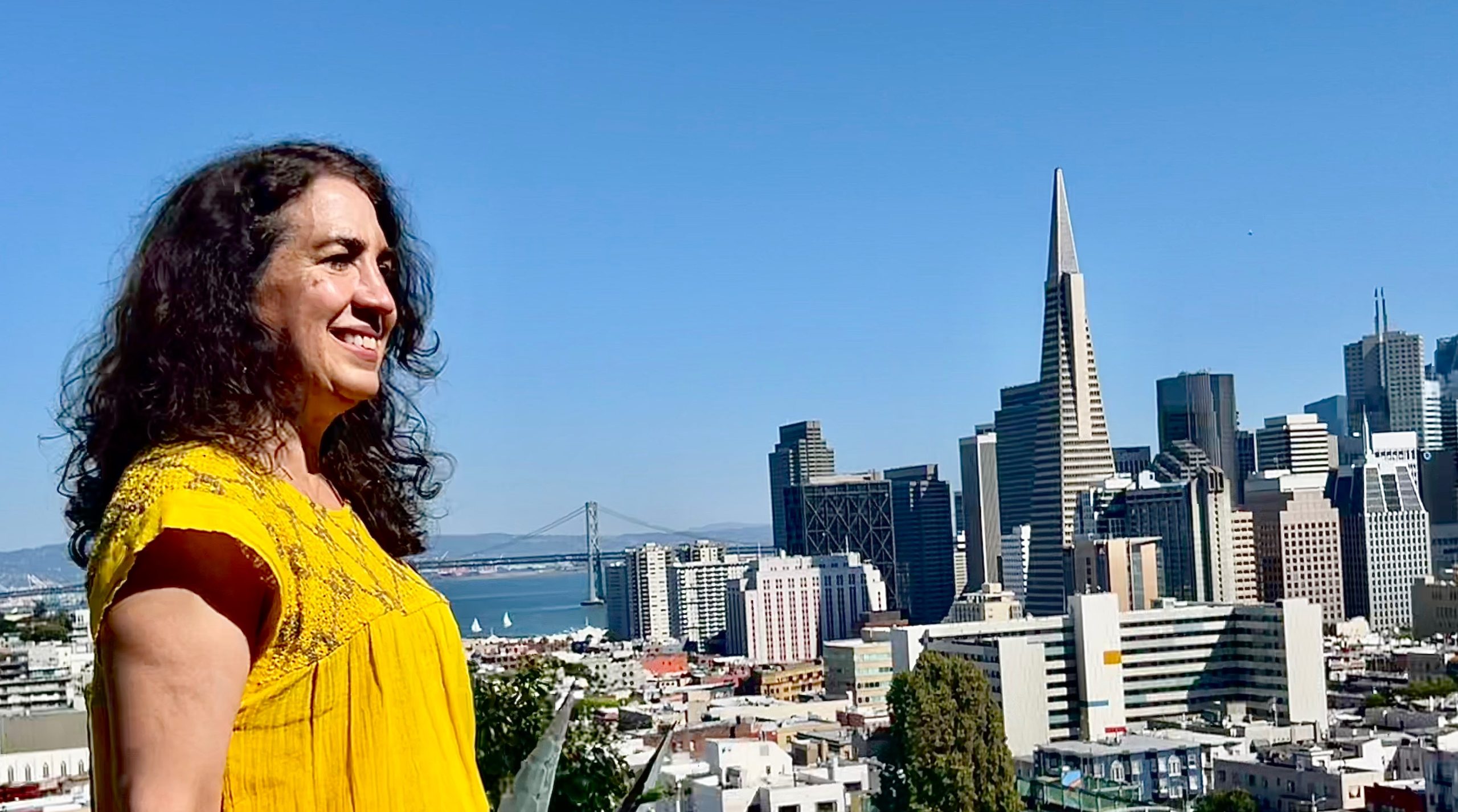
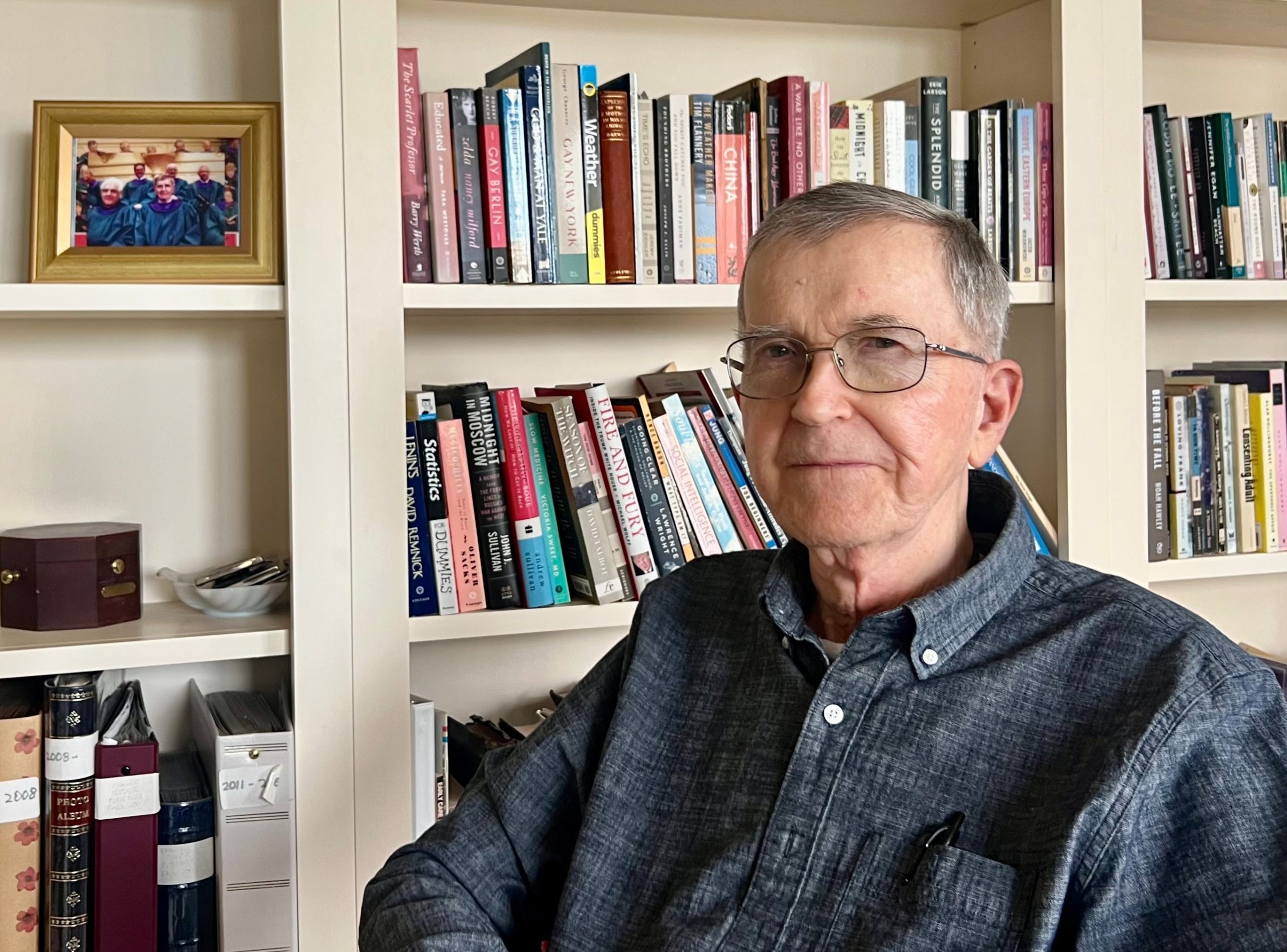

Laura Atkins
So enjoyed this article. I'd read how Charles Dickens enjoyed his coffee and how addictive it was to people during this time discussed in your article..
Dina Lisha
A really fun article with beautiful graphics. Soon after I read this lovely article I went and treated my self to an Americano.
Dina Lisha
What a lovely article about one of my favorite treats. Also, loved the graphics. Thanks for a really fun read.
Terri Wong
I do not drink coffee, as it upsets my stomach. However, I am an avid Chinese tea drinker -- my cupboards are filled with all types of oolong, puer, Iron Goddess, red, blue and white teas. I make a large thermos of tea in the morning and sip it all day long. I stay well hydrated and my skin glows.